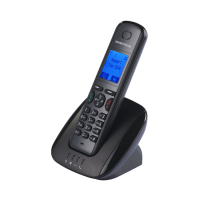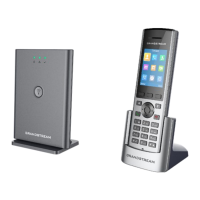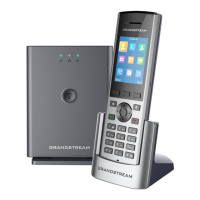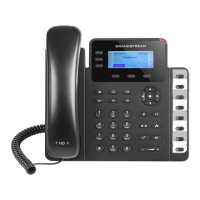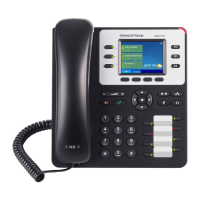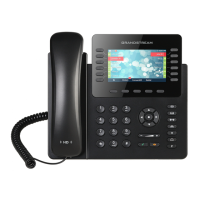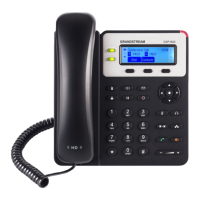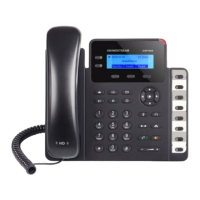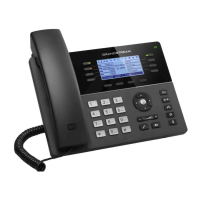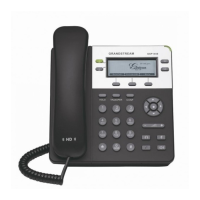DP750/DP720 Administration Guide
Version 1.0.11.4
Uses session timer when making outbound calls if remote party supports it.
Default is No.
Uses session timer when receiving inbound calls with session timer request.
Default is No.
Uses session timer even if the remote party does not support this feature. Selecting
“No” will enable session timer only when the remote party supports it.
Default is No.
To turn off Session Timer, select “No” for Caller Request Timer, Callee Request
Timer, and Force Timer.
Specifies which end will act as refresher for outgoing calls:
UAC: The base station acts as the refresher.
UAS: Callee or proxy server act as the refresher.
Default is Omit
Specifies which end will act as refresher for incoming calls:
UAS: The base station acts as the refresher.
UAC: Callee or proxy server act as the refresher.
Default is Omit
Uses INVITE message to refresh the session timer.
Default is No.
SIP Settings - Security Settings
Validate Incoming
Messages
Defines whether incoming messages will be validated or not. Default is No.
Check SIP User ID
for Incoming INVITE
Checks SIP User ID in the Request URI of incoming INVITE; if it doesn't match the
base SIP User ID, the call will be rejected. Direct IP calling will also be disabled.
Default is No.
Accept Incoming
SIP from Proxy
Only
Checks SIP address of the Request URI in the incoming SIP message; if it doesn't
match SIP server address of the account, the call will be rejected. Default is No.
Authenticate
Incoming INVITE
Challenges the incoming INVITE for authentication with SIP 401 Unauthorized
message. Default is No.
Authenticate Server
Certificate Domain
Checks server TLS certificate to ensure that common name matches the configured
SIP server. Default is No.
Authenticate Server
Certificate Chain
Checks server TLS certificate to ensure that it is authorized by a known certificate
authority. Default is No.
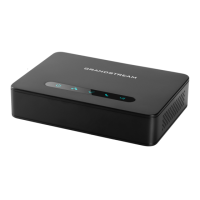
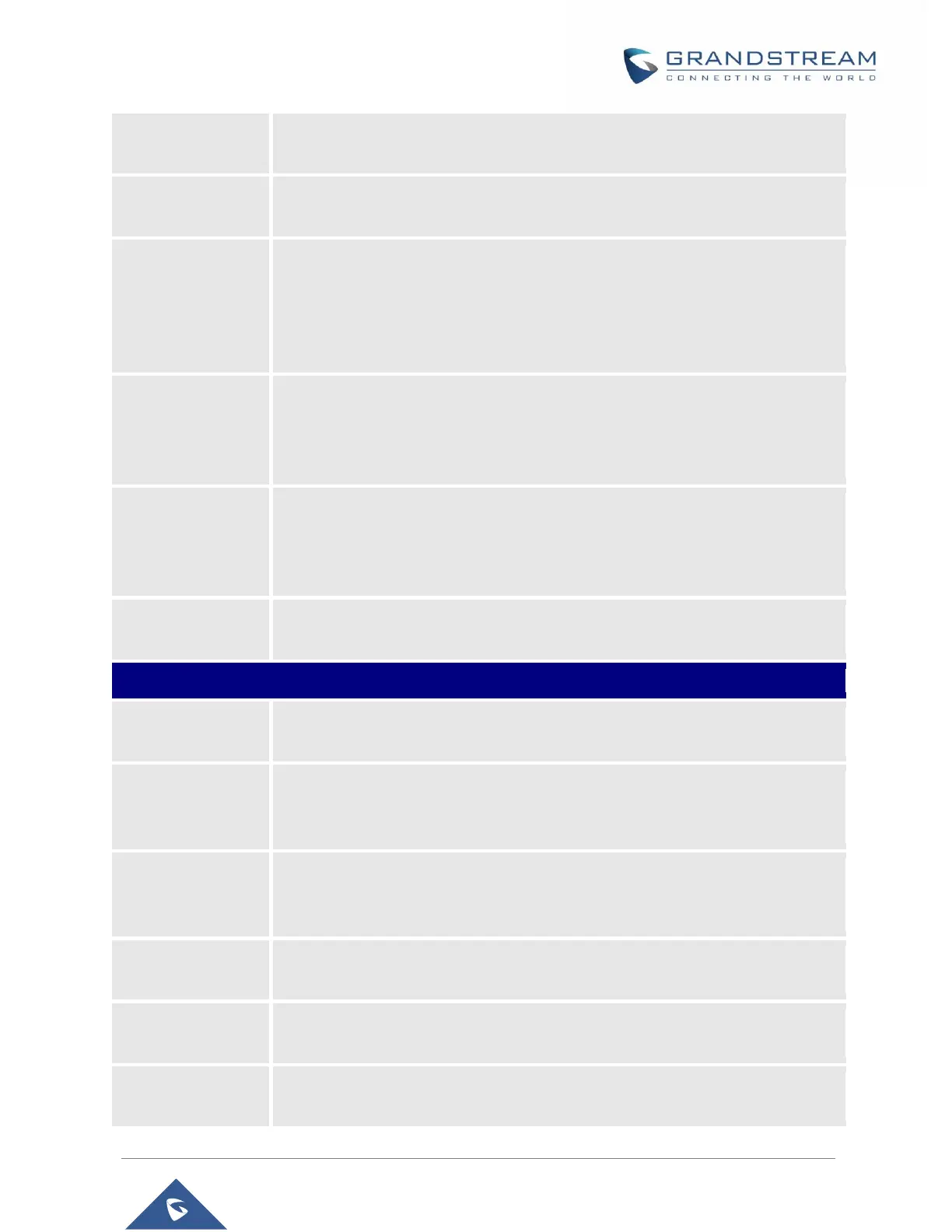